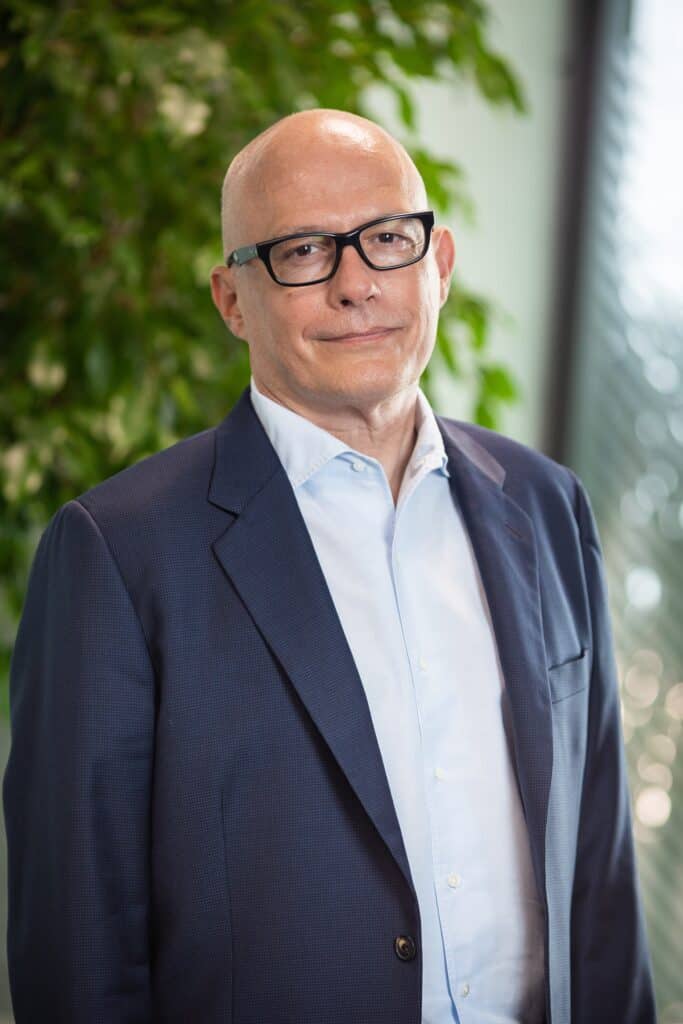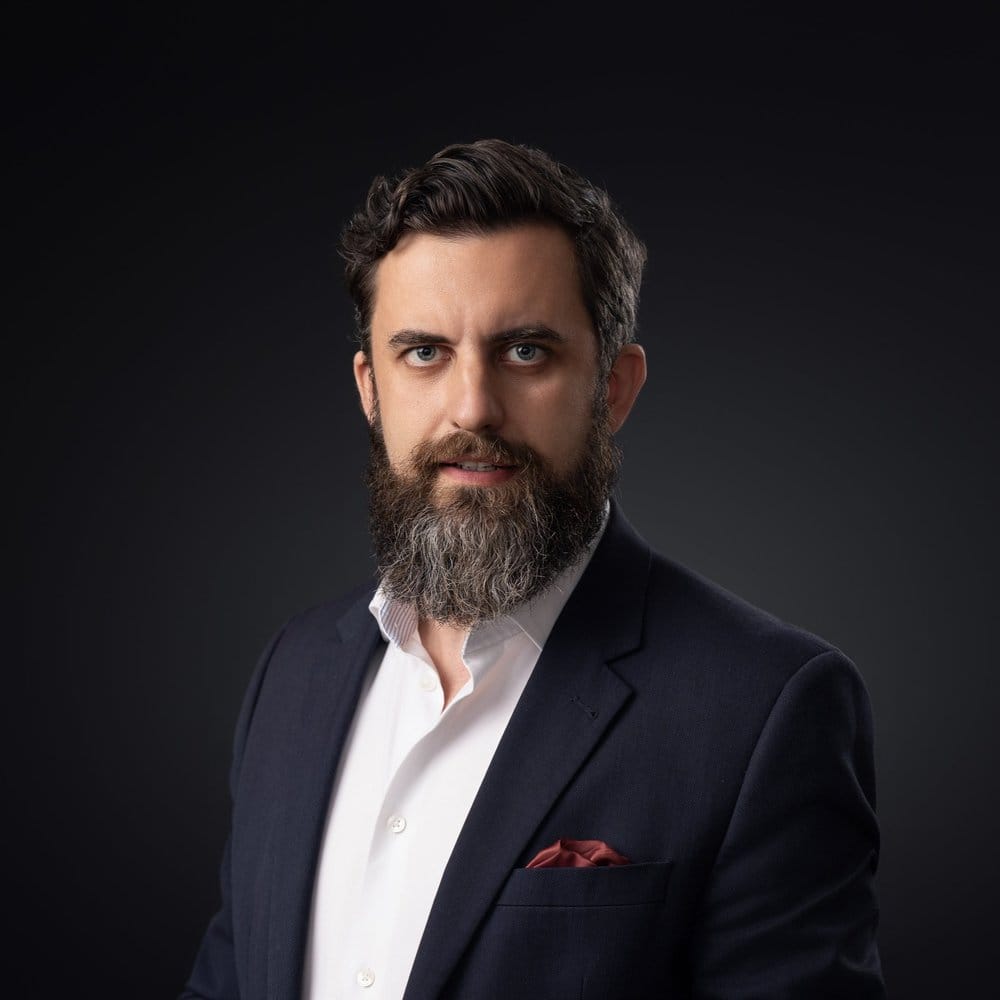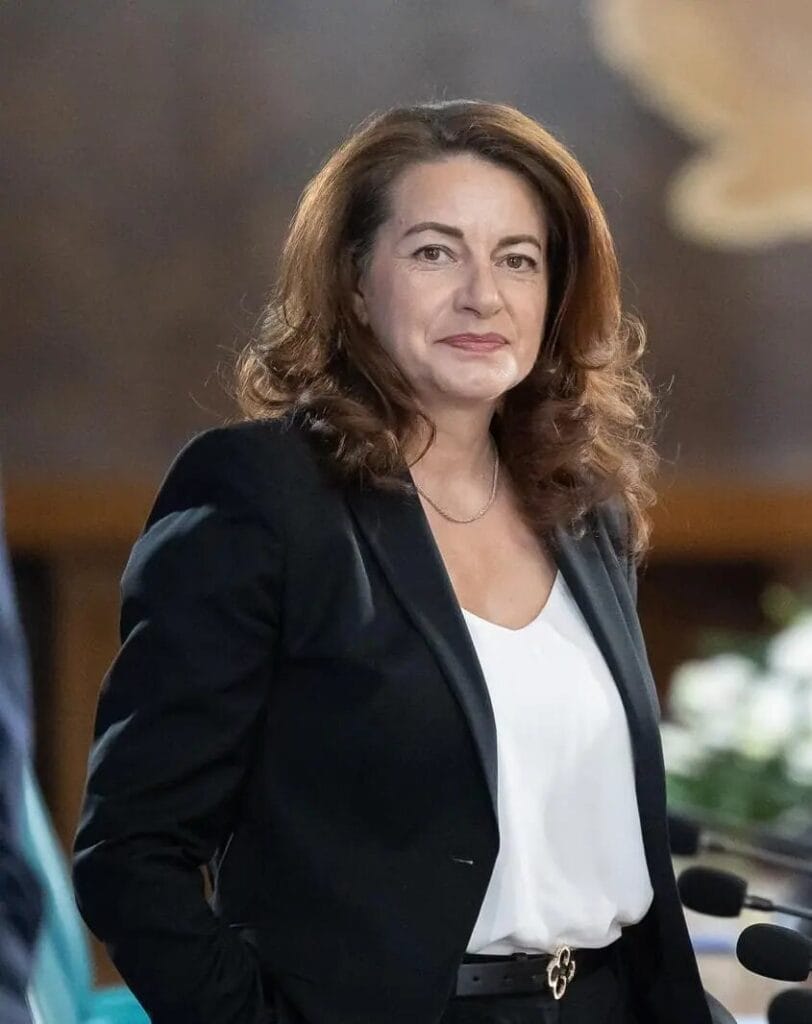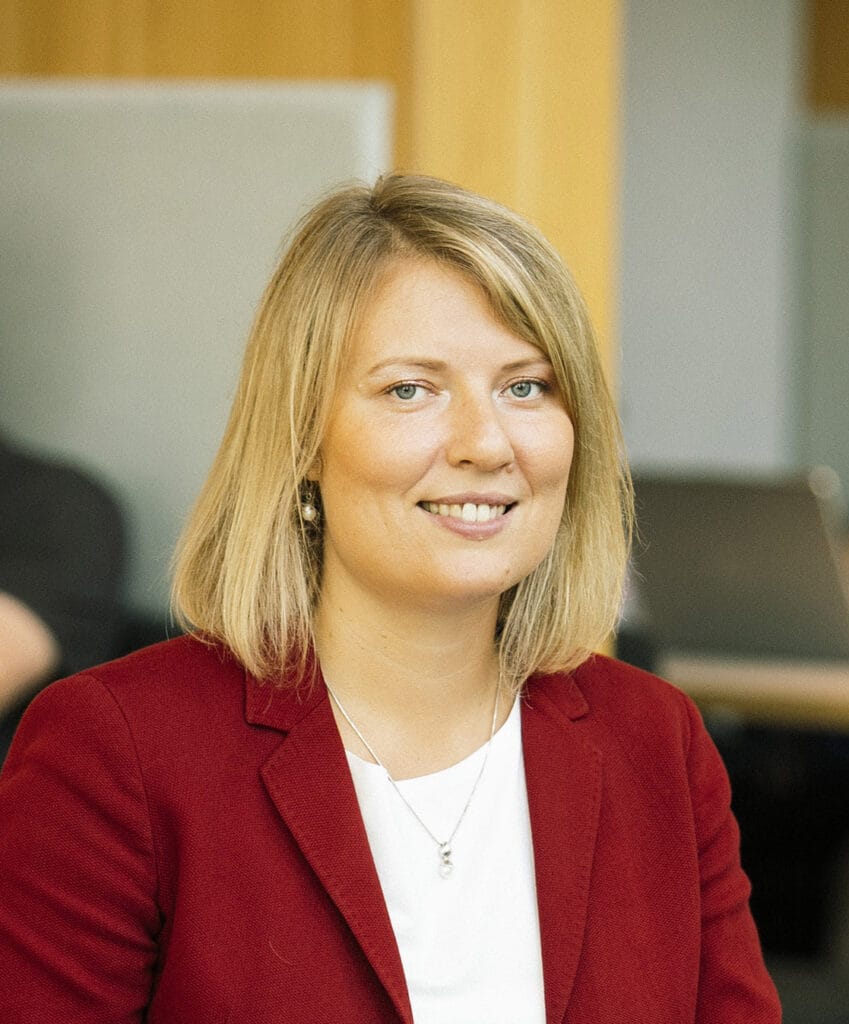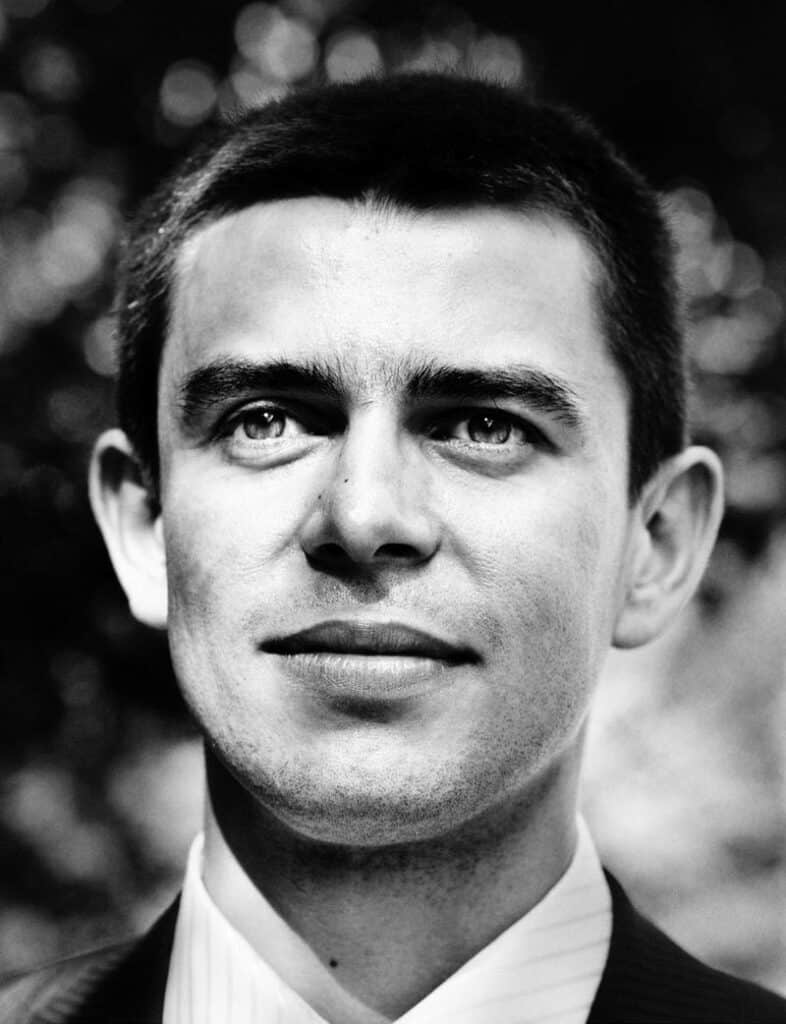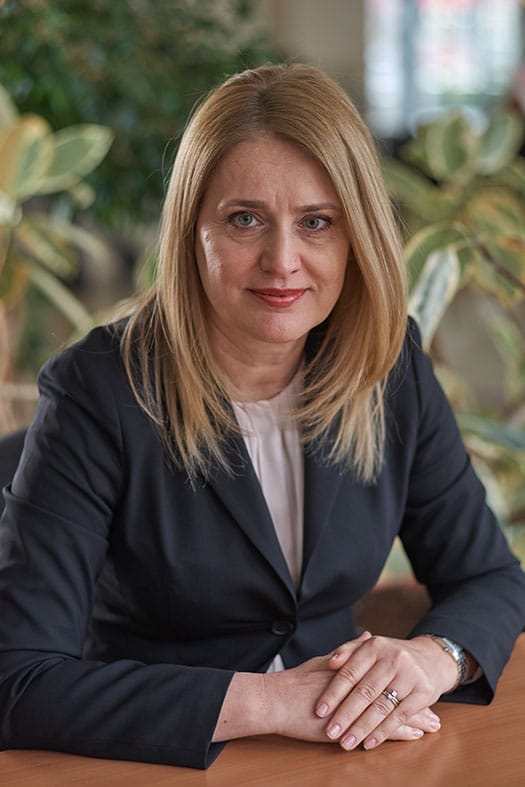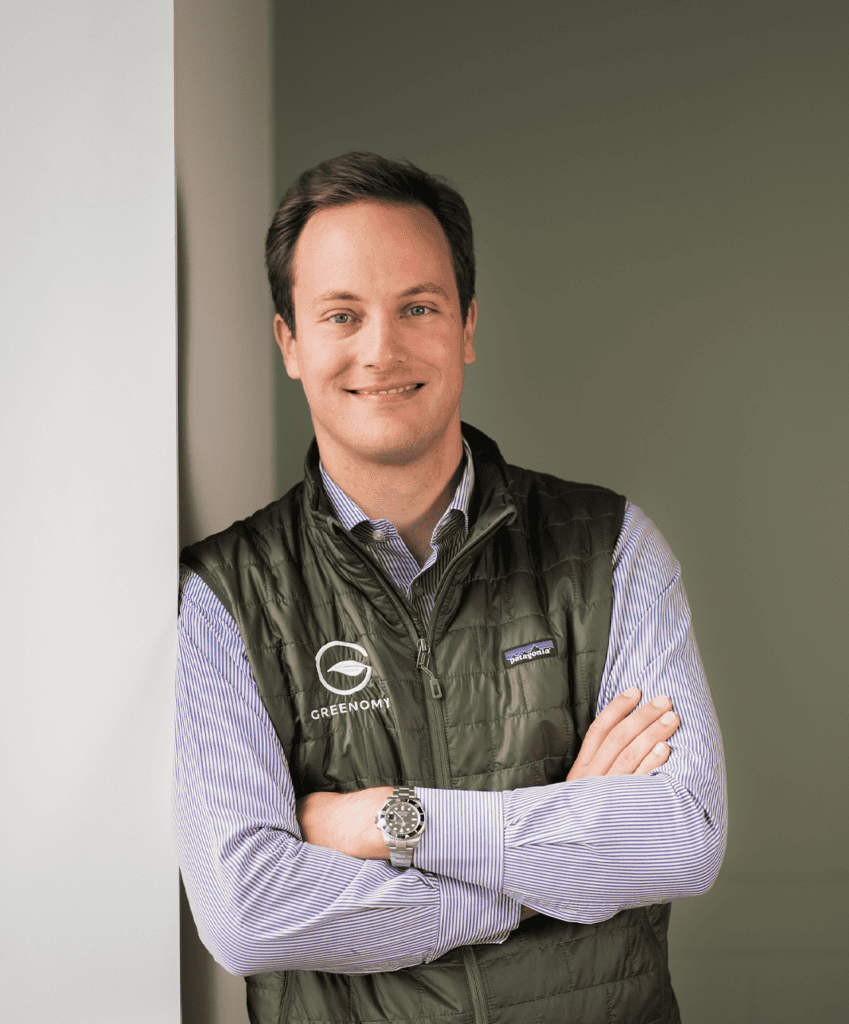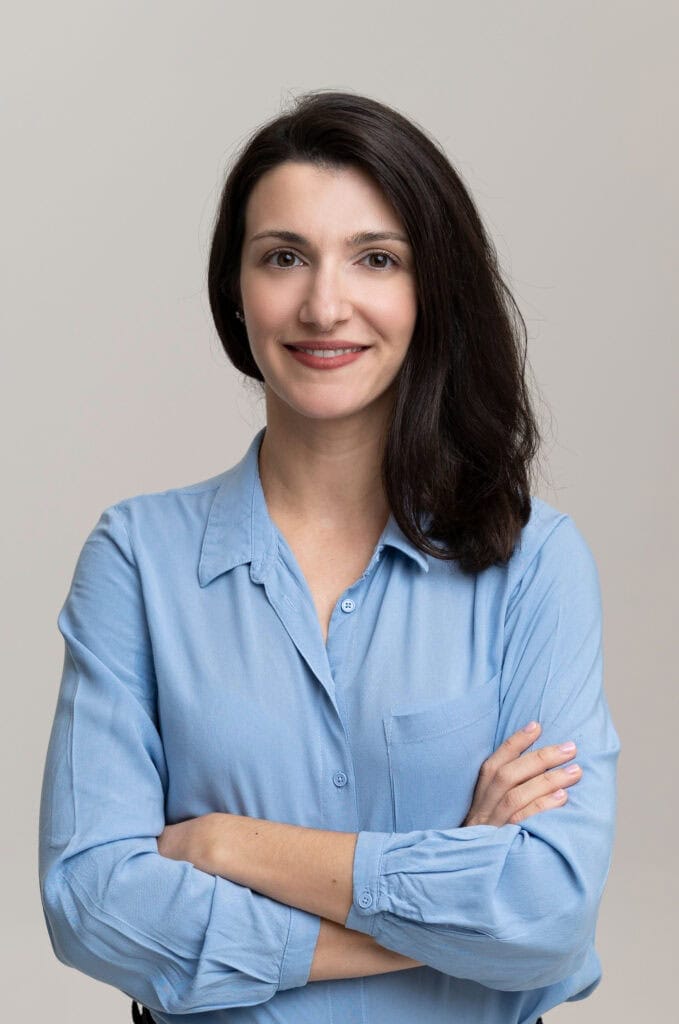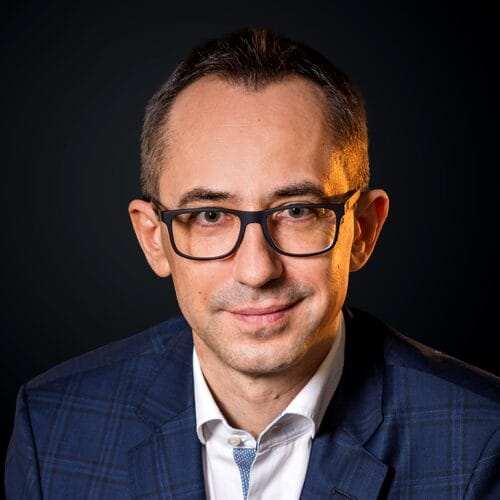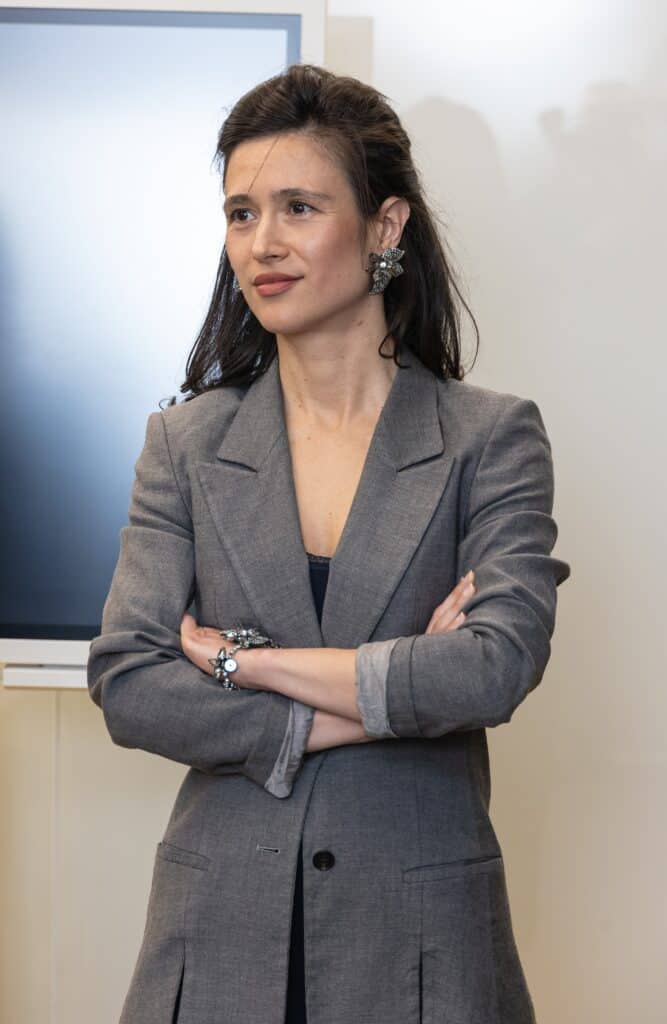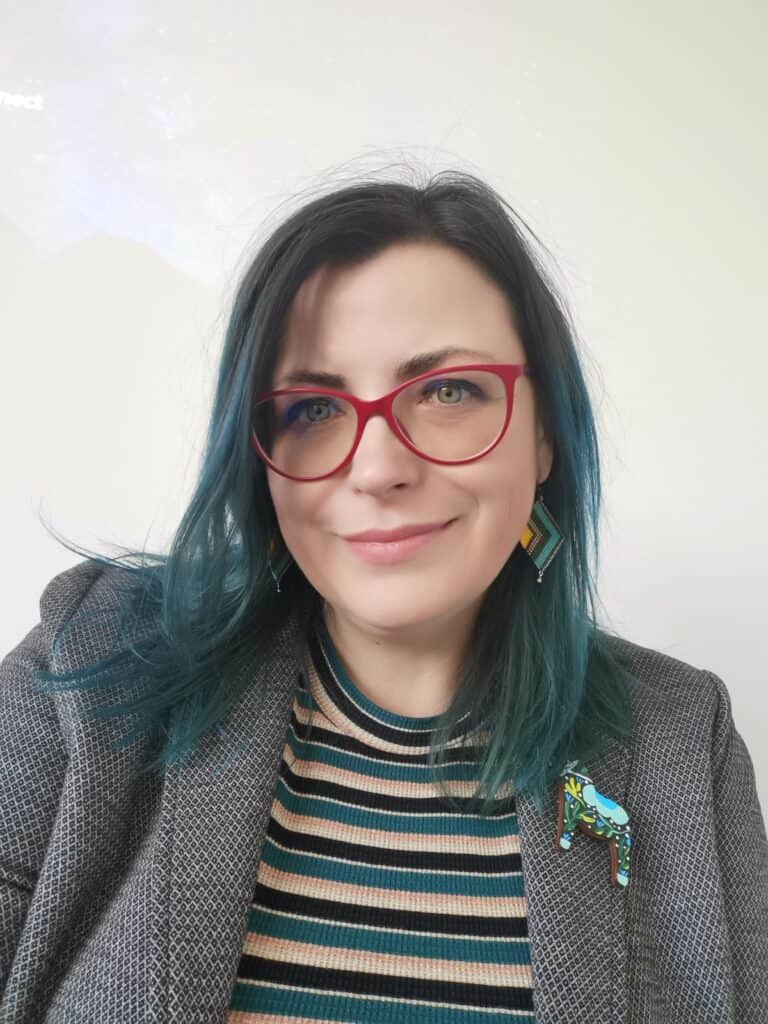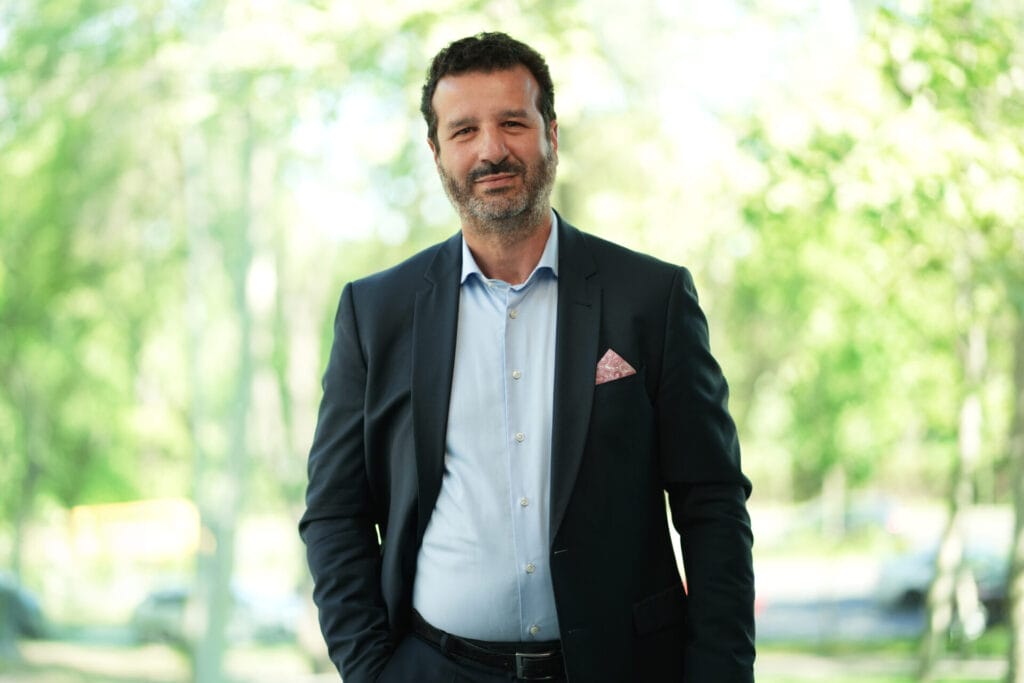This year, at the 20th anniversary of TIFF (Transilvania Film Festival), one of the main film festivals in the CEE region, there was a whole section dedicated to food. It was called, quite intuitively, “Film Food”. Among other movies screened, there was one in particular worth watching, called Nordic by Nature, about KOKS, a Michelin Star restaurant on the Faeroe Island. Apart from discovering a whole universe about how life unravels every day for people living not just in extreme weather conditions but also a breathtaking landscape, the viewer can also discover the mindset of a Faroese Michelin Chef. He described the importance of qualitative food, of creativity, of innovation, of so many aspects that he takes into consideration while building each menu, but what was a bit out of the ordinary was the point of sustainability. This topic was addressed form the perspective of hiring local suppliers, local raw materials, local ingredients, local employees, local animals raised and sacrificed in the name, “what can you do?” of exquisite taste.
Although an astounding story and a beautiful movie about endurance, strength, passion, dedication and the joy of using your talent to make people happy, one can ask: is there an element of responsibility for the environment in the business plan of a Michelin star restaurant? Because from the movie, it was unclear close to absent.
But first, a little context about TIFF’s social and environment responsibility which has been growing year to year. Today, there is a dedicated section of screenings and debates around ecology and protecting the planet, Eco-TIFF. All the waste produced during the festival is selectively collected and goes to recycling. 85% of tickets are sold online, to encourage digitalization and printing prevention, just as all informative and promotional materials are available online. This year the festival let go of bags and offered ecofriendly tote bags and reusable liquid bottles. All plastic throughout the festival is history and all straws, cutlery and plates are biodegradable. Transportation vehicles are mostly hybrid or electrical.
So, watching a movie about luxury food at an eco-friendly film festival obviously raised the question: does the Michelin Culinary Guide care for the environment?
We did our research.
Michelin Stars are given out on a scale of one to three, and only the top establishments in the world qualify for this designation. To earn one star, a restaurant must be considered “a very good restaurant in its category.” For two stars, the criteria is “excellent cooking, worth a detour.” To qualify for the elusive three stars, a restaurant must serve up “exceptional cuisine, worth a special journey.”
We can easily understand why chefs are eager to earn this recognition worldwide, especially if we consider that having at least one Michelin Star can do wonders for a restaurant’s business. Having three stars is the best testimony that a restaurant is undeniably one of the best in the world.
Michelin’s inspectors evaluate all aspects of a restaurant, from the time it takes to be seated to the politeness of the serving staff to the quality and creativity of the food to the overall ambiance. Despite not having any set guidelines to go by, chefs can boost their chances of being considered for a star by paying attention to every detail of their restaurants, not just the food. Although the food is one of the most important aspects, the entire package matters for the reviewers. Attention to detail is paramount in creating a complete dining experience that is Michelin Star-worthy.
Although there is not an official guideline for the criteria used to be awarded a Michelin star, there are some aspects to be considered:
- Using high-quality products
- Mastery of flavor and cooking techniques
- The taste of the food
- Savoir-faire
- Personality of the Chef in the cuisine and the attitude towards mistakes and experimenting with food
- Value for money
- Consistency of food
We speak of a niche of an industry that produces (food) waste of up to 3.3 billion tons of carbon dioxide, a greenhouse gas that heavily contributes to climate change. If food waste were a country, it would be the third largest emitter of greenhouse gases after the US and China.
We know that in the luxury industry anything below exquisite is inadmissible, no flaw is ever allowed and there is a fierce competition against rivals. But think of how much food is used to come up with the perfect bite? With the perfect recipe? With the perfect menu? With the bespoke list of ingredients brought together by the restaurant’s values and brand identity? Except the geography (of ingredients, of employees, of raw materials), in the sense that local is preferred over international, there is no conversation around ethics, environmental sustainability, climate change impact or carbon footprint.
We want to be the conversation starter in this matter, and we propose four pillars:
- Ethical consumption – how animals are raised, treated and sacrificed. For example, we believe that foie gras can no longer be on any menu of a luxury restaurant.
- Sustainable stage property for the food – cutlery, plates, napkins, toothpicks, tablecloths
- Waste of “imperfect” food – which, under normal circumstances, is thrown away. It can be donated to NGOs or other local restaurants.
- Neutralize the footprint carbon of the supply with ingredients with donations to NGO’s relevantly active against climate change – although there is a focus on the local market, international airplane transportation can cover for the missing “je-ne-sais-quoi” from the menu.
We strongly believe that it is in everybody’s power, but mostly in the one of the few who can afford it, to make moves in the right direction, to turn the waves and to set an example for the worldwide industry.


